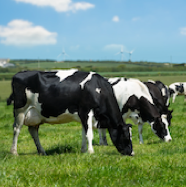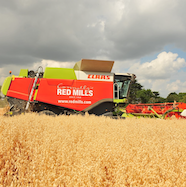Importance of Mineral Supplements for Dairy Cows
The inclusion of minerals in dairy and beef diets is extremely important under any production system to ensure optimal daily gain, efficient milk production and overall health.
There is a vast array of Minerals critical for a Cow’s Well-Being
The major elements include Calcium, Phosphorus, Magnesium, Potassium, Sulphur, Sodium and Chloride – but it is important to know the role that each of these elements play. Minerals such as Calcium and Phosphorus in Cattle is very important for bone formation, and a ratio of 2:1 is best suited for beef and dairy animals. To prevent milk fever, calcium supplements must be included for post parturition cows -together with vitamin D and Magnesium.
Prevent Grass Tetany by including magnesium minerals for cows
The inclusion of magnesium supplements is very important for dairy cows in the prevention of grass tetany during periods of stress or inclement weather conditions – such as spring and autumn. A general rule of thumb is to provide dairy cows at grass with 56 grams of calcined magnesite per head per day.
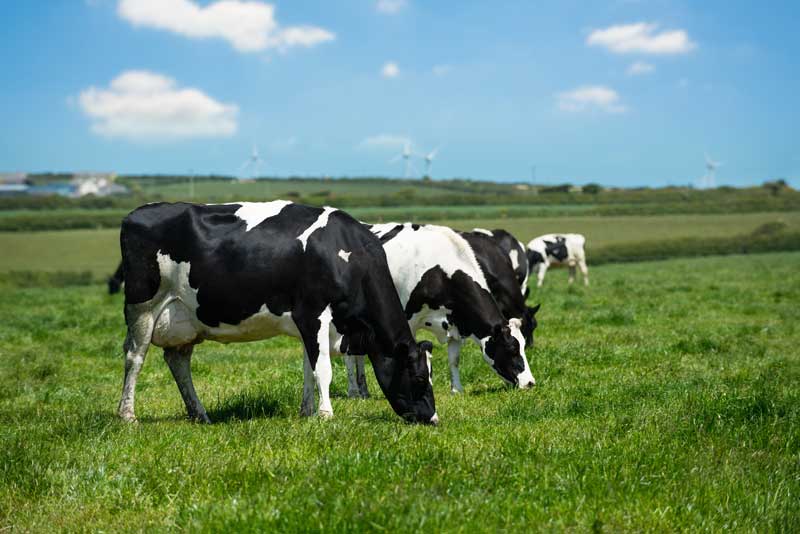
Prevention of Disorders and Deficiencies of Minerals in Cows is critical for overall well-being.
For electrolyte balance and cellular metabolism, the inclusion of Potassium and Chloride minerals supplements for cows is very important to prevent metabolic disorders such as ketosis, metritis or displaced abomasums. Trace elements such as Copper, Zinc, Manganese, Iodine, Cobalt, Selenium, and Iron are also important, as a deficiency in any of these will have severe consequences in terms of reduced live weight gain, infertility, delayed oestrus, retained placenta and higher incidence of metabolic disorders.
Copper for Dairy Cows has many benefits.
Copper is particularly important for hair coat colour, while Selenium and Iodine are important for optimum fertility. To have a good hard hoof for beef and dairy animals, the inclusion of chelated zinc will help – together with biotin – to strengthen and reduce lameness. There are many boluses available from all our Connolly Red Mills stores.
It is important to note that energy and protein metabolism will be compromised if a mineral deficiency is prominent.
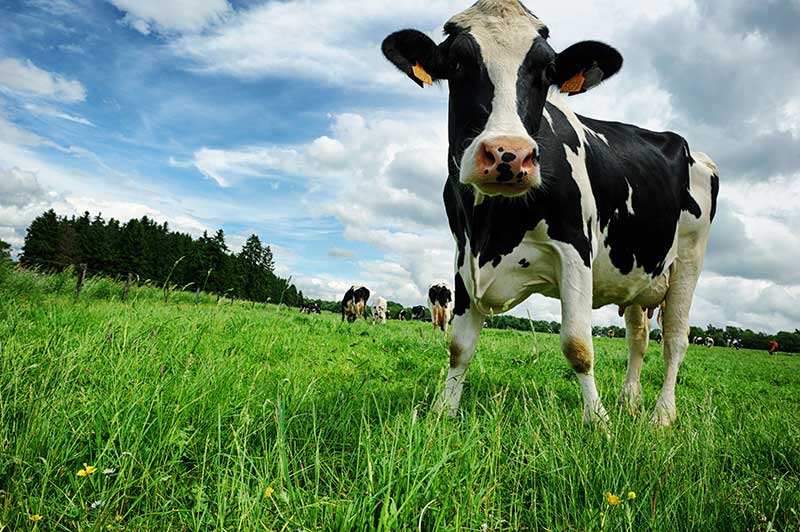
There are many key vitamins for dairy cows that benefit alongside these minerals.
Vitamins in cows also play an important role in calcium absorption, strength of bones, immune function and foetal development. The most important vitamins include A, D, E and C. Vitamin E for cows in particular has been shown to have positive effects on fertility and is a great antioxidant vitamin in boosting immune function.
Soil testing can reveal any possible deficiencies in minerals of cattle to address via bovine supplements.
With regard to high molybdenum areas across Ireland, it is important to match minerals to the animal’s requirements, as minerals will be locked up and not made available in such areas. Soil testing will be required to find the range of minerals contained in the soil and quantify the level of molybdenum in such areas.
The form of minerals in these situations will be important as different forms of minerals can be supplied for these specific areas i.e. protected trace minerals. Chelated minerals and mineral boluses for cattle can be administrated – which can be slow release or pulse release – which will allow the animal to build a store of these minerals. Please seek advice from a veterinarian or nutritionist.
Types of minerals for cattle included in feeds or paddocks needs careful monitoring:
In general, most minerals are incorporated in the finished feed of either coarse rations or concentrates; special attention must be directed to know feeding rates for optimal mineral intake of minerals to avoid any such deficiencies or problems.
Inclusion of minerals may also be incorporated through dusting of paddocks – or minerals can be included in water troughs. Other ways to include minerals in the diet of beef and dairy animals include the inclusion of loose minerals on top of grass silage or placing molassed mineral buckets at pasture or in housing facilities.
Careful attention to feeding rates of minerals is critical to avoid toxicity
It is important to check the specification of each source of mineral for inclusion into the diet of both dairy and beef systems, and to know the feeding rate of such minerals to avoid problems with toxicity. For pre-parturition cows, it is important that supplementation of minerals is given at least 8 weeks prior to parturition. There are also a wide range of trace elements and vitamins premixes available for dairy cows pre and post-partum in Connolly Red Mills stores. An alternative oral product would be Bovitone which has a wide range of trace elements and vitamins which may be suitable.
For further information on mineral supplementation, contact the RED MILLS nutrition team.
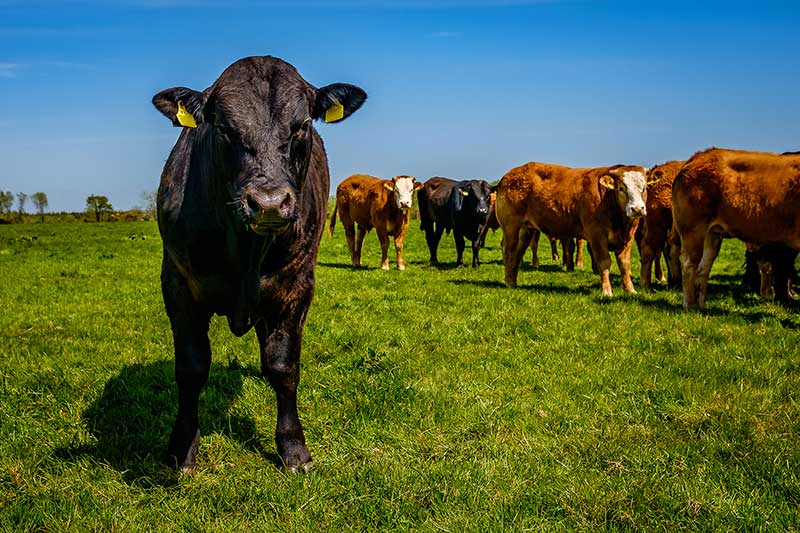
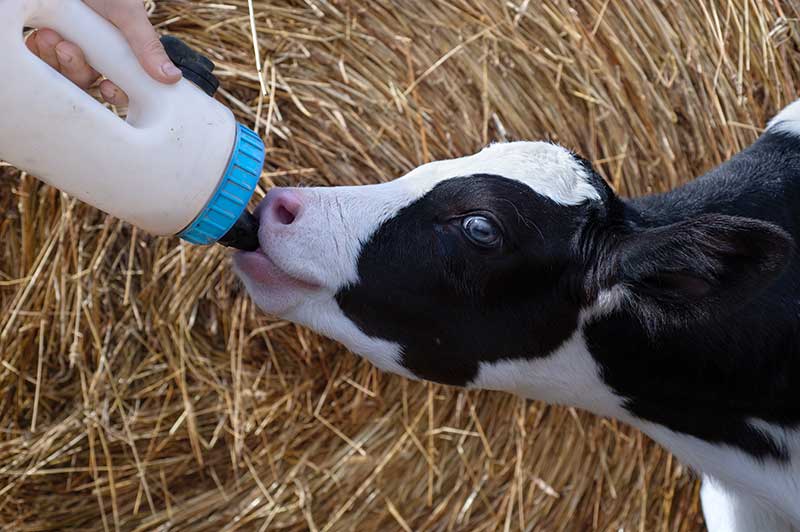
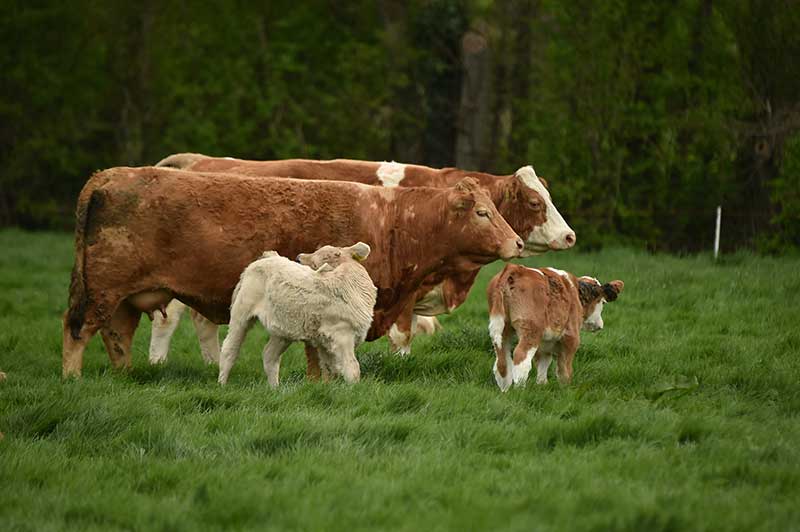
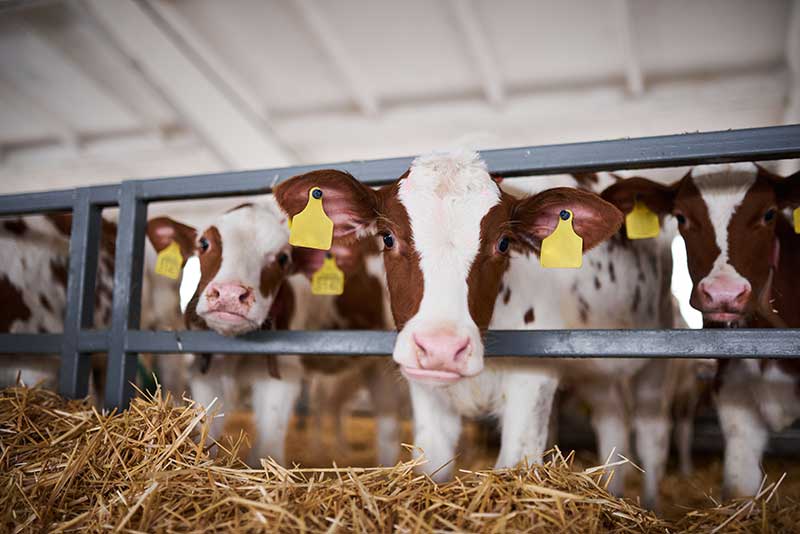


 05
05
